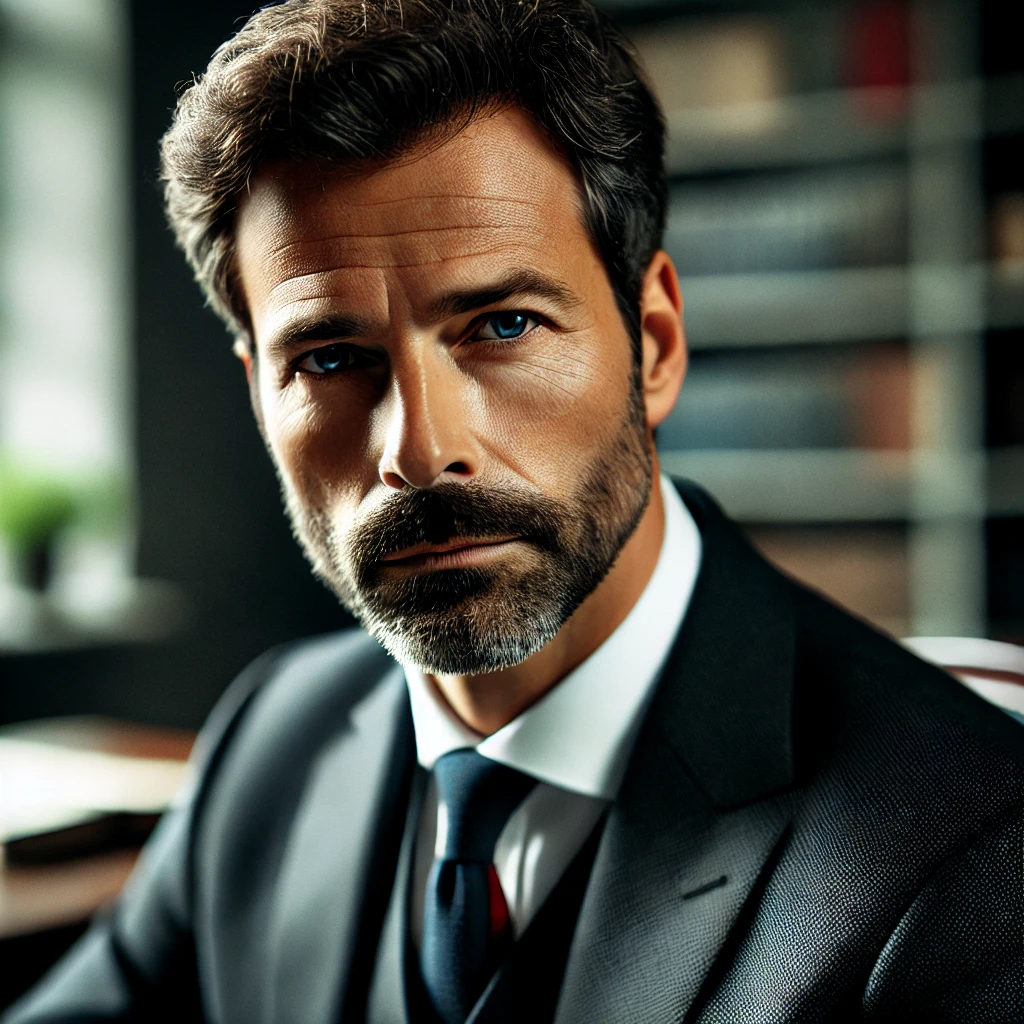In the realm of public intellectuals, few figures are as polarizing and influential as Jordan Peterson. Known for his incisive commentary on psychology, philosophy, and cultural issues, Peterson’s work has inspired millions and sparked countless debates. Amid the weighty discussions surrounding his ideas, an unusual detail about him frequently piques public curiosity: his height. This fascination with Peterson’s physical stature is more than just a trivial query—it offers an intriguing glimpse into our cultural and psychological tendencies. Why do such personal dimensions of public figures captivate us? This article explores the reasons behind the interest in Jordan Peterson’s height and what it reveals about society’s relationship with influential personalities.
Bio Of Jordan B.Peterson
| Aspect | Details |
|---|---|
| Full Name | Jordan Bernt Peterson |
| Date of Birth | June 12, 1962 |
| Place of Birth | Edmonton, Alberta, Canada |
| Raised In | Fairview, Alberta, Canada |
| Parents | Walter Peterson (schoolteacher), Beverley Peterson (librarian) |
| Education | – B.A. in Political Science, University of Alberta (1982) |
| – B.A. in Psychology, University of Alberta (1984) | |
| – Ph.D. in Clinical Psychology, McGill University (1991) | |
| Early Career | – Postdoctoral Fellow, McGill University |
| – Assistant Professor, Harvard University (1993-1998) | |
| Academic Positions | Professor of Psychology, University of Toronto (1998-present) |
| Key Research Areas | – Personality Psychology |
| – Creativity and Self-Deception | |
| – Psychology of Belief and Ideology | |
| Books | – Maps of Meaning: The Architecture of Belief (1999) |
| – 12 Rules for Life: An Antidote to Chaos (2018) | |
| – Beyond Order: 12 More Rules for Life (2021) | |
| Notable Events | – Opposition to Canada’s Bill C-16 in 2016 |
| – Viral popularity through YouTube lectures and interviews | |
| Health Challenges | Struggled with medication-related complications (2019-2020) |
| Global Influence | Public intellectual and cultural critic, influencing millions through books and lectures |
| Personal Life | Married to Tammy Roberts; two children, Mikhaila and Julian |
| Key Themes in Work | – Responsibility and Meaning |
| – Mythology and Narrative in Modern Life | |
| – Critiques of Political Correctness and Ideology |
Height And Weight
| Aspect | Details |
|---|---|
| Height | 6 feet 1 inch (185 cm) |
| Weight | Approximately 180 lbs (82 kg) |
Early life
Jordan Bernt Peterson was born on June 12, 1962, in Edmonton, Alberta, Canada. He is the eldest of three siblings, with a younger sister and brother. His parents, Walter Peterson (1937–2024) and Beverley Peterson (1939–2024), were dedicated professionals; Walter, of Norwegian descent, worked as a school teacher, while Beverley was a librarian at the Fairview campus of Grande Prairie Regional College.
Peterson grew up in a modest, mildly Christian household in Fairview, Alberta. During his junior high years, he became friends with Rachel Notley and her family. Notley would later serve as the leader of the Alberta New Democratic Party (NDP) and as Alberta’s 17th premier.
From the age of 13 to 18, Peterson was an active member of the NDP, driven by ideals of social change and left-wing revolution. However, his perspective on religion and politics evolved significantly during his teenage years. Initially dismissive of religion as something for the “ignorant, weak, and superstitious,” Peterson’s enthusiasm for revolutionary politics waned after encountering left-wing activists during his college years. These early experiences shaped his evolving worldview, eventually leading him to explore the intersection of psychology, philosophy, and cultural critique.
Career
From July 1993 to June 1998, Jordan Peterson taught at Harvard University, where his lectures gained a dedicated following. After returning to Canada in 1998, he became a full professor at the University of Toronto. Peterson’s work spans various areas, including psychopharmacology, the psychology of religion, personality, and political psychology. He maintained a clinical practice until 2017, when he paused it to focus on other projects. In 2018, he faced a professional misconduct complaint related to patient communication, which he resolved by agreeing to prioritize his practice and improve communication.
Peterson’s public statements, especially after 2016, attracted controversy. The College of Psychologists of Ontario investigated claims of “transphobic, sexist, and racist” remarks in 2020 but did not impose disciplinary action, advising him to adopt a more respectful tone. In 2022, he was ordered to complete a remedial program for his public conduct, a decision upheld in 2023 by Ontario courts. In 2024, Canadian Prime Minister Justin Trudeau claimed Peterson was funded by Russian state-owned media, which Peterson denied and considered legal action.
Social Media Life
Jordan Peterson’s social media life has played a significant role in shaping his public persona. Since gaining prominence, especially after his 2016 opposition to Canada’s Bill C-16, Peterson has used social media platforms to share his views on a wide range of topics, including psychology, politics, religion, culture, and free speech. His YouTube channel, podcasts, and Twitter account have allowed him to reach millions of followers worldwide.
He is particularly known for posting thought-provoking content, including video lectures, interviews, and snippets from his books. Peterson’s videos often go viral, sparking both support and criticism. His social media presence has led to him being viewed as both a defender of traditional values and a controversial figure, particularly for his comments on gender identity, political correctness, and social justice movements.
In addition to his personal accounts, Peterson’s social media activity includes engagements with public figures and intellectual debates. However, his outspoken opinions have often attracted backlash, resulting in debates about the tone and impact of his statements. Despite this, he has maintained a loyal online following, using platforms to continue promoting his ideas and engaging with his audience. His social media life, while central to his influence, has also been a source of legal and professional challenges, as noted in the College of Psychologists of Ontario’s investigations into his public comments.
Conculsion
Jordan Peterson’s social media life has been a powerful tool for building his public profile and spreading his views on psychology, politics, and culture. His platform has allowed him to connect with millions, gaining both loyal followers and vocal critics. While his controversial statements have sparked significant debate and legal challenges, they have also reinforced his reputation as a defender of free speech and traditional values. Peterson’s social media presence has made him a polarizing figure, but undeniably influential, shaping conversations on various social and political issues. Whether celebrated or criticized, his ability to engage with a global audience has solidified his place in contemporary discourse.


